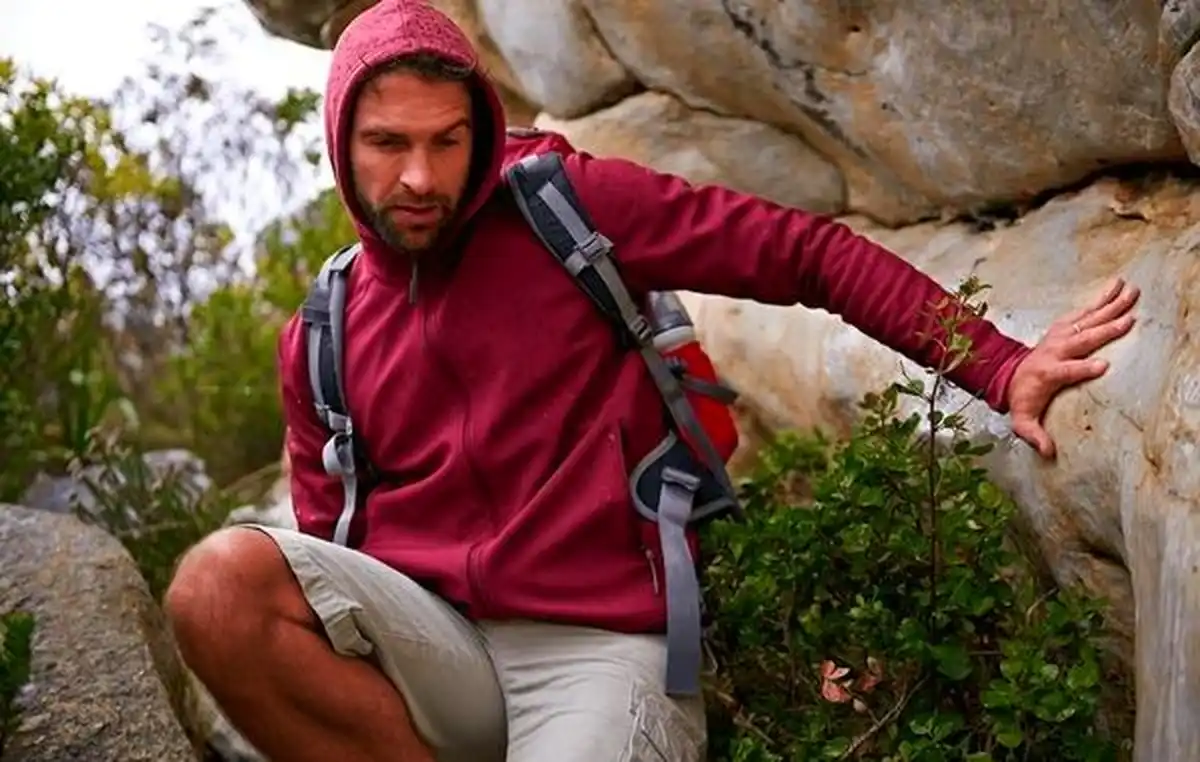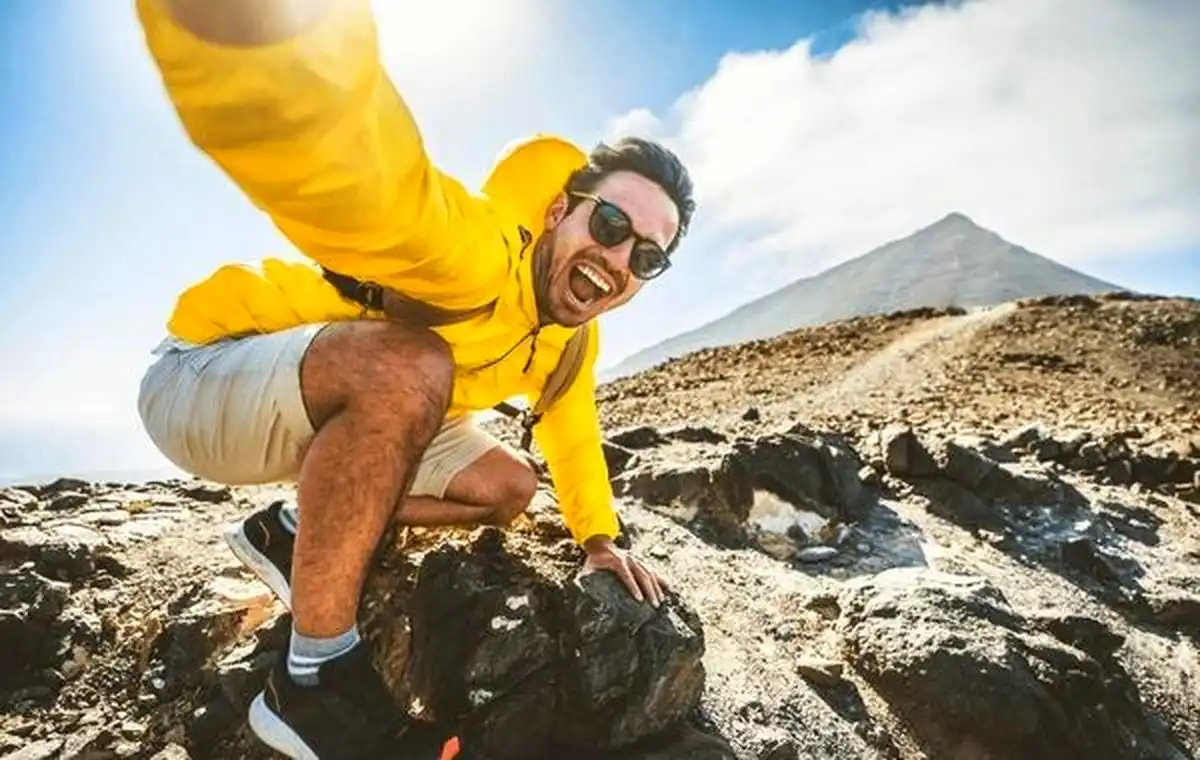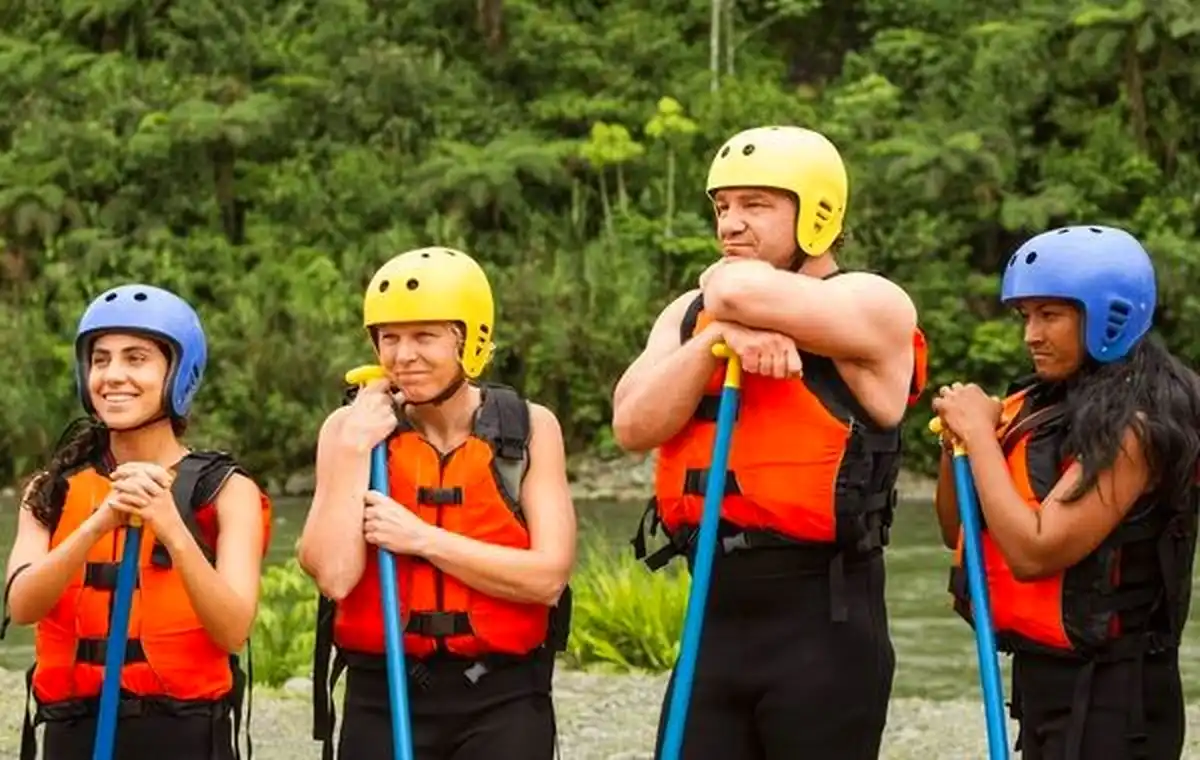
Exploring Hidden Gems: Lesser-Known Sailing Routes for Adventure Travelers
Sophia Romine - Mar 21, 2025 - 13 min read


1. Know the Basics Preparation is Key You have come a long way by merely agreeing to enter this adventure called caving inside the earth's interior. The entrance to the inside of our earth can be very challenging, but fun in many ways. Just like most adventures, one has to be prepared both in equipment and gear before engaging into it. There is quite a difference that safety and enjoyment will see the daylight when all has been made right. Clothing: Layers Are Your Friend. The sweat will be kept at bay with the moisture-wicking base layers, and insulating layers will trap warmth inside for the colder caves. You will not get wet because of moisture or abrasions through tight spaces, if you have a good jacket along with a waterproof pair of pants. And, dirt and grime would stick to you by the end of all adventures; thus, it's fantastic to carry extra clothes along.
A good headlamp is probably the most critical gear item for any caving expedition. Opt for an LED headlamp with variable brightness controls to match conditions inside a cave. Bring spare batteries or a rechargeable power source, so you never end up in the dark.
Except for headlamp, others must be taken along for such tours including back up illumination resources in case of failings from primary lighting- even these come in very essential roles either in light reinforcement to cover darkness once illuminated component fail, or at various especially darker passage as second or more illuminators on route
Good, sturdy, waterproof footwear with good grip is essential for crossing rough, slippery ground, which is quite common in caves. Wear hiking boots or stout approach shoes that give you some ankle support and protection against sharp rocks. Bring footwear that you have broken in beforehand so that you are not uncomfortable and do not have blisters during your cave adventure.
Invest in a pair of tough, waterproof gloves that will protect your hands from sharp rocks, abrasive surfaces, and possible hazards like bacteria or fungi. Try to look for gloves with reinforced palms and fingers to increase their durability. Always carry a spare pair in case your main pair gets wet or is damaged.
Hydration is crucial for any activity, even caving. Bring a sturdy water bottle or hydration reservoir packed with loads of water that will see you through during your journey. To hydrate optimally, do not forget the electrolyte tablets you could add to your water.
Pack lightweight high-energy snacks to help sustain your caving trip. Any of the following: a mix of nuts and raisins, energy bars and dried fruit are great high-energy sources that don't weigh much. Bring as many snacks as you need based on the length of time you'll be on this trip, plus a few extras in case of potential delays.
In case of an emergency, it is also important to have a means of communication that is reliable. You might consider carrying a two-way radio or a satellite messenger device, so you will be in touch with your group or you can call for help, if necessary. Before venturing out, test all your communication devices to make sure they work properly.
Accidents can happen to anyone, even to the most experienced cavers. Prepare yourself for minor injuries by having a well-stocked first aid kit. Don't forget bandages, antiseptic wipes, pain relievers, and any personal medication you may require. Take some time to familiarize yourself with your first aid kit and how to apply each product in case of an emergency.
Caves also can be wet and saturated; thus, all the equipment you need should have moisture and waterproofing that will prevent any moisture or water from ruining or corroding them. Invest in waterproof containers or dry bags in order for the belongings contained in your backpacks remain dry during your caving adventure. Obtain containers with various sizes in order for you to categorize or guard your gears efficiently.
You could invest in rugged cases or covers for fragile items such as cameras, smartphones, or electronic devices. Some cases can handle shock, water, and dust; therefore, your gear will be safe and operational in the course of your adventure.
Capture the breathtaking wonder of the subterranean world with a camera or smartphone having a good lens. Keep your device safe from water or accidental falls with a waterproof case or housing. Don't forget to bring some extra memory cards and batteries so that you never miss a shot.
Bring an waterproof notebook and pen or pencil with you. During the trip you may want to note down observations, draw cave formations or special moments for posterity .
Caves are sensitive ecosystems that can easily be harmed by human impact. Practice Leave No Trace principles: minimize impacts. Avoid touching cave formations. Stay on boardwalks and trails. Pack out all trash and waste.
Be learning about the geological and ecological significance of the caves visited and share that information to benefit yourself and others. Knowledgeably educate others about conservation purposes with respect to caves for later generations to enjoy and understand.
Caving is both physically and mentally demanding as you navigate tight spaces, overcome fear, and find yourself in totally unfamiliar environments. Prepare your mind for what is coming by visualizing success, practicing relaxation techniques, and keeping your attitude positive.
Be intuitive and communicate openly with fellow cavers if you don't feel right about something or are unsure. Make your voice heard by speaking up. Trust in your instincts and work as a team to create a safe, enjoyable cave adventure for all.
Research the possible destinations, cave systems, and guided tours you may take before venturing out on a caving adventure. Find out the local regulations, permits, and safety guidelines that you must follow and then plan your trip. Join a caving club or group to get in touch with other experienced cavers who may share valuable insights and advice.
Although good planning is important, something can always go wrong in caving. Have a detour route alternative or an emergency exit or standby contingency supplies. Flexibility and adaptability in some aspects would ensure that this adventure turns out both safe and successful.

Sophia Romine - Mar 21, 2025 - 13 min read

Emily Hazel - Mar 17, 2025 - 8 min read

Lily Hofer - Mar 13, 2025 - 7 min read

Brian Garrity - Mar 10, 2025 - 6 min read